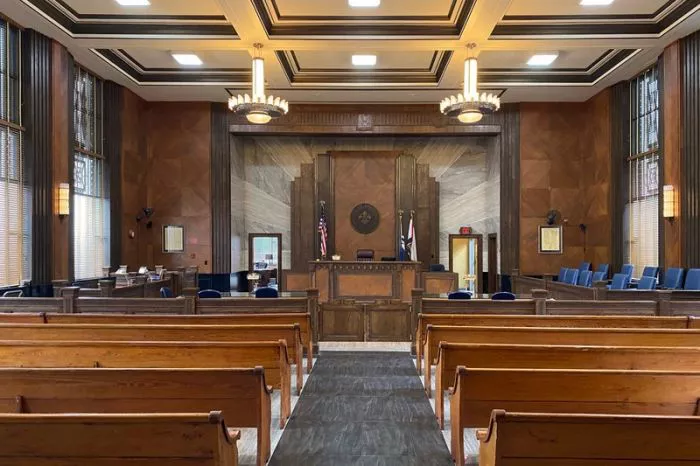What does objection your honor mean?
“Objection, Your Honor” is a phrase commonly heard in courtrooms, particularly in legal dramas like “Your Honor,” and it holds significant meaning within the context of legal proceedings. This expression serves as a formal way for attorneys to challenge or oppose certain actions or statements made during a trial. To fully understand the meaning and implications of “Objection, Your Honor,” we must delve into its purpose, the various grounds for objections, and the role it plays in the adversarial nature of the legal system.
Purpose of Objections:
In the legal system, objections serve as a mechanism for attorneys to raise concerns or challenge the admissibility of evidence, testimony, or legal arguments presented during a trial. By objecting to certain statements or actions, attorneys seek to protect their clients’ rights, ensure fairness, and uphold the rules of evidence and procedure. Objections are an essential part of the adversarial process, allowing attorneys to advocate for their clients’ interests and contest the opposing party’s case.
Grounds for Objections:
There are various grounds upon which attorneys may base their objections, each serving a specific purpose and designed to address different aspects of the trial. Some common grounds for objections include:
Relevance: An objection may be raised if the evidence or testimony being presented is not relevant to the issues at hand or is likely to confuse or mislead the jury.
Hearsay: Hearsay refers to an out-of-court statement offered to prove the truth of the matter asserted, and objections may be raised if such statements are being introduced without proper foundation or exception.
Leading Questions: Leading questions are those that suggest the desired answer or contain information not yet elicited from the witness, and objections may be raised if attorneys ask leading questions during direct examination.
Speculation: Objections may be raised if witnesses are asked to speculate or offer opinions beyond their expertise or knowledge.
Improper Character Evidence: Objections may be raised if evidence of a person’s character or past conduct is being introduced for improper purposes, such as to show propensity or bias.
Improper Argument: Objections may be raised if attorneys make improper or inflammatory arguments during opening statements, closing arguments, or questioning of witnesses.
Procedural Requirements:
In addition to identifying the specific grounds for objection, attorneys must also follow certain procedural requirements when raising objections in court. Typically, attorneys must stand and address the judge by saying “Objection, Your Honor,” signaling their intent to challenge the admissibility of certain evidence or testimony. Following the objection, the attorney may briefly state the grounds for their objection, providing the judge with a basis for ruling on the matter. The opposing attorney may then have an opportunity to respond to the objection before the judge makes a ruling.
Rulings by the Judge:
Once an objection has been raised, the judge will consider the grounds presented by the objecting attorney and make a ruling on the admissibility of the evidence or testimony in question. The judge may sustain the objection, meaning that the evidence or testimony is excluded from consideration by the jury, or overrule the objection, allowing the evidence or testimony to be admitted. In some cases, the judge may also issue a curative instruction to the jury, advising them to disregard certain statements or evidence that have been deemed inadmissible.
Impact on the Trial:
The use of objections can have a significant impact on the outcome of a trial, influencing the evidence presented, the testimony of witnesses, and the arguments made by attorneys. By strategically objecting to certain statements or actions, attorneys seek to strengthen their case, weaken the opposing party’s case, and ensure that the trial proceeds in a fair and orderly manner. Objections can also shape the narrative of the trial, highlighting key issues and challenging the credibility of witnesses or evidence presented by the opposing party.
Conclusion:
“Objection, Your Honor” is a fundamental aspect of the legal process, serving as a formal mechanism for attorneys to challenge or oppose certain actions or statements made during a trial. By raising objections on various grounds, attorneys seek to protect their clients’ rights, ensure fairness, and uphold the rules of evidence and procedure. The use of objections can have a significant impact on the outcome of a trial, influencing the evidence presented, the testimony of witnesses, and the arguments made by attorneys. As such, “Objection, Your Honor” plays a crucial role in the adversarial nature of the legal system, shaping the course of trials and ensuring that justice is served.
Related Topics:
Adam Desiato – Story in Your Honor Season 1

